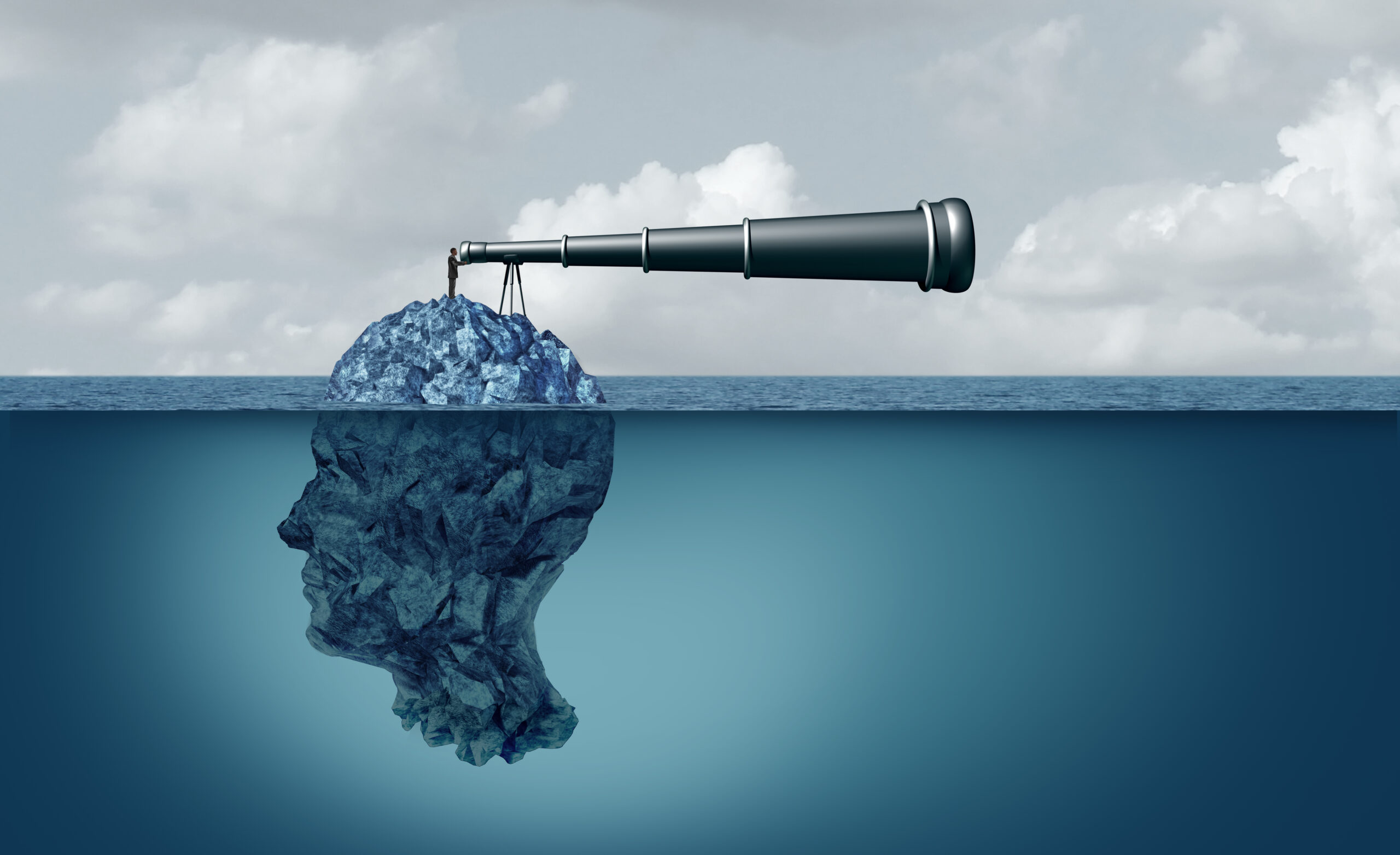Get Free Consultation!
We are ready to answer right now! Sign up for a free consultation.
I consent to the processing of personal data and agree with the user agreement and privacy policy

Leaders are made. They are not born with these innate skills and behaviors that make them effective at leading others. I wrestled with this question over the years, but I finally feel comfortable with this answer. Leadership takes work; it’s a journey, not a destination. Anyone can learn and grow as a leader, except, yes, except for those who lack self-awareness. Self-awareness is the first and most crucial leadership attribute. Extensive research suggests that leadership requires first to lead oneself, which includes self, awareness, ability to balance conflicting demands, learn and leadership value (The Center for Creative Leadership, 2019).
Leadership has been defined by experts in many ways since they began to research the topic. I define it as the art of getting others to an outcome, or series of actions to accomplish a vision or goal. Beyond defining, what makes a great leader? What is the most fundamental building block in leadership?
When we think about leadership, we intuitively focus on what the leader does outwardly to affect an action in others. This makes sense, after all, a leader doesn’t exist without a group of people for which to lead. But leadership involves more than herding a group of people somewhere like cattle. We are obviously interacting with complex human beings, with feelings, values, unique backgrounds, experiences, skills, values, beliefs, opinions, ideas and expectations.
To effectively lead others with the above set of complexities, leadership requires vision, communication, direction, influence, persuasion, motivation, intuition, among others, to get others to reach a goal or vision. All these skills, traits and behaviors are important in leading others effectively. But in doing so, leaders must be familiar with the team they lead, to include, but not limited to their formal and informal training, credentials, certifications, skills, behaviors, strengths and weaknesses. All of this requires an outward awareness and understanding of others.
However, I content that even more foundational to effective leadership is Self-Awareness. Leadership starts with self-awareness. Leaders must build a strong foundation through an inward examination of self before embarking on the act of leading others. The way we lead others is founded in our thoughts, values, ideals, self-narrative, and behaviors. This requires an inner exploration through deep reflection, contemplation, and introspection. It also needs an open mind, honesty, and humility.
Leaders who are self-aware understand their strengths and weaknesses, the way they relate to others, how others perceive them, and the impact they have on others. This enables them to be more empathetic, skilled at communicating, motivating and inspiring their teams. They are more likely to listen more attentively and with authentic curiosity. Self-aware leaders are more open to feedback, learning from others and their ideas into the plan. And self-awareness makes it more likely that leaders create positive and productive environments.
Self-aware leaders foster creativity because they can see things from different perspectives and challenge their own assumptions. Likewise, they are likely to enhance resiliency because they can handle stress and setbacks through awareness of their own emotions and how to manage them.
So what are some things that we can do to gain insight about ourselves?
Who can we call upon to help develop self-awareness?
What other resources do we have at our disposal to build stronger awareness?